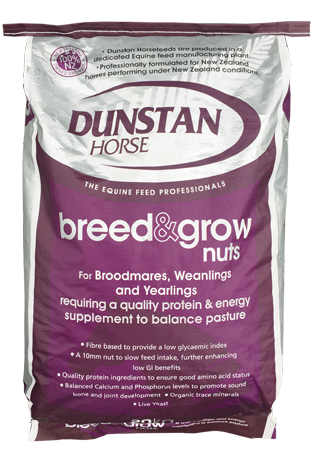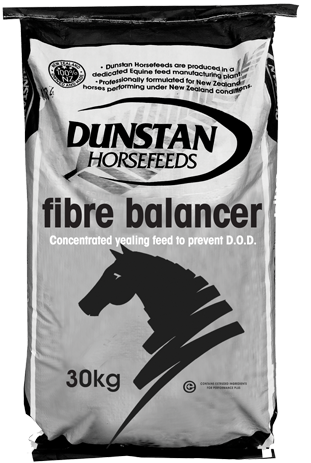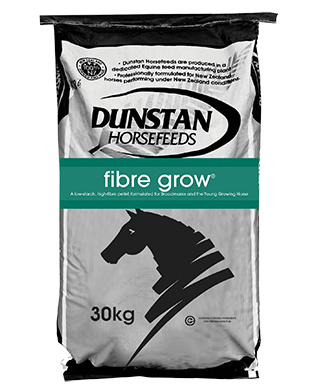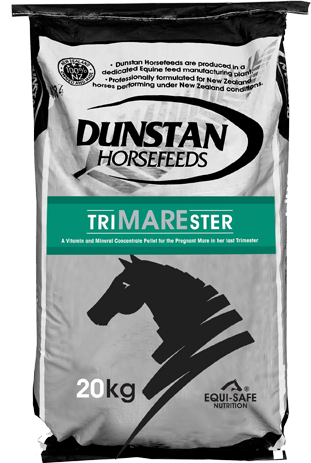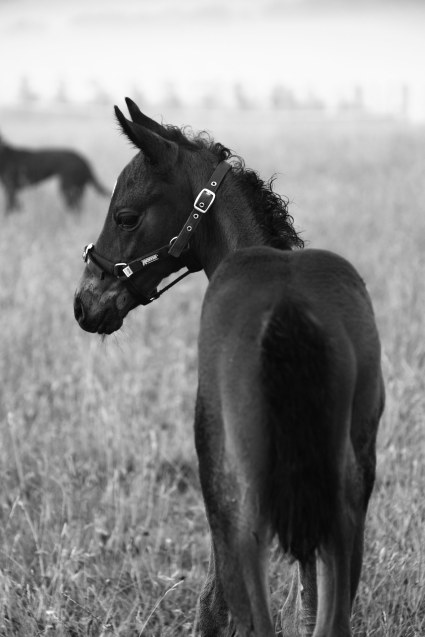
The aim of all breeders is to produce a sound future horse, capable of pursuing whatever its intended purpose. This is often a challenge, with many variables contributing towards a horse’s skeletal development.
As young horses mature, it is not as simple as ensuring they look good. How they grow is a key consideration in optimising the soundness of the maturing skeleton and reducing the likelihood of developmental disorders’ such as OCD (Osteochondrosis Dissecans).
Nutrition plays a key role and the primary considerations in regard to nutrition are summarised below:
A balanced ration that provides adequate intake of key minerals:
It is very important to provide a diet that meets the young horse’s daily nutrient requirements, particularly for key minerals. It is important that these are provided in a balanced manner as any of the following can contribute towards OCD:
Mineral deficiencies
Mineral imbalances
Mineral excesses
Feeding a well-fortified, balanced, growing horse feed at the recommended intake for that horse, in conjunction with meeting the horses daily forage requirements, should provide the optimum intake of these key nutrients. Consideration needs to be taken for ‘good doers’, particularly warmblood or crossbred weanlings that many not receive the minimum recommended intake of a premixed feed. These horses should be provided with a semi-concentrate or have their feeds ‘topped up’ with a vitamin and mineral pellet or supplement. Some very good doers may be able to achieve adequate growth rates on a balancer pellet and forage alone.
Excessive calorie intake:
Young horses that grow too rapidly or carry excess body condition are more predisposed to developing OCD. This is a time when the low intake, more highly fortified premixed feeds or vitamin and mineral balancer pellets are ideal. This allows the youngster to receive the key nutrients vital for development of a sound skeleton without the higher intakes of feed which may result in excess condition and ongoing rapid weight gain.
The form of the calories:
Not only is it the amount of calories that can have an impact on the young growing horse, but also the source of those calories. Research has indicated that a fluctuation in blood glucose can have a negative effect on cartilage development and again predispose the individual to OCD. Feeds that derive their calories from fats and fibres, with very little grain, do not illicit the same fluctuation in blood glucose that a high grain feed may and therefore are ideal for young horses up to at least 12 months of age.
Broodmare nutrition can also play a role in development of the subsequent foal and is a topic of importance for those with mares in foal. This topic can be covered on its own.


